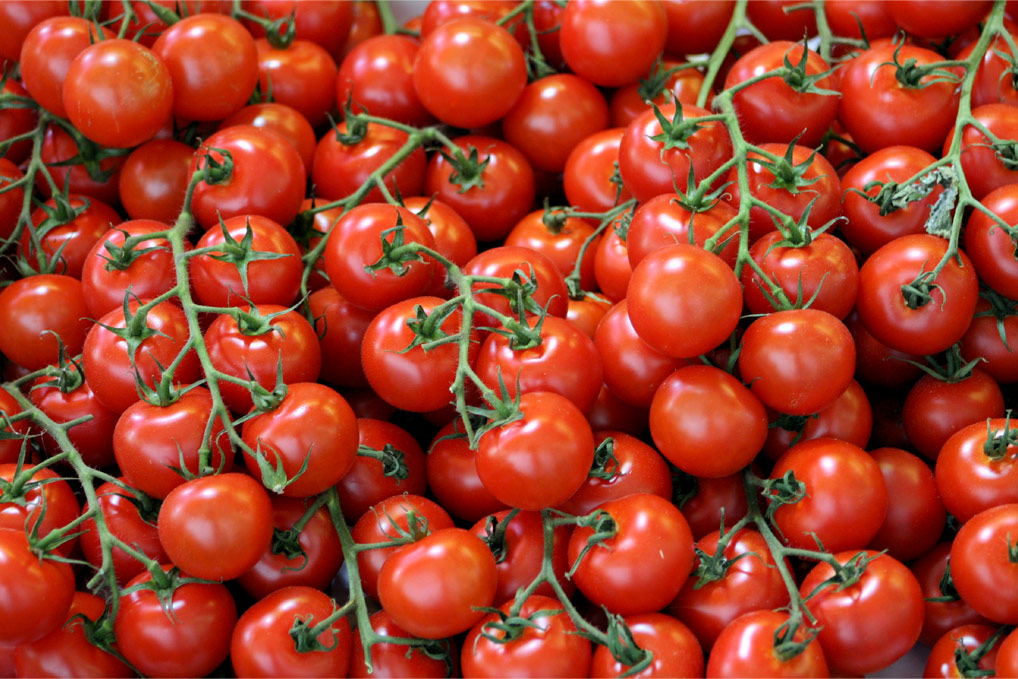There’s a good outlook for the international organic food industry—in Europe, the United States, and worldwide. Experts currently put global revenues above $95 billion; Europe accounts for more than 33 billion euros ($37 billion). The market is now growing very vigorously in many European countries: Germany has surpassed 10 billion euros ($11.4 billion), the French market has doubled in five years, and Denmark is expanding its lead further with a market share of 13.3 percent for organic foods, making it the organic leader in Europe.
“Global revenues for organic foods remain on a growth track. Initial estimates place them at more than $95 billion for 2017,” notes Amarjit Sahota of the London market research and consulting firm Ecovia (formerly Organic Monitor). And he adds, “We’re seeing lively growth in North America and Europe, but the Asian market is also catching up fast.”
Europe is the second-largest market for organic products, after North America. There revenues for organics gained 11.4 percent in 2016 to reach 33.5 billion euros ($38 billion), according to the figures presented jointly at BIOFACH 2018 by IFOAM – Organics International, Switzerland’s Research Institute of Organic Agriculture (FiBL), and Agrarmarkt Informations-Gesellschaft (AMI), headquartered in Berlin.
German and French markets growing strong
The German organic sector enjoyed revenues of more than 10.04 billion euros ($11.44 billion) in 2017. Europe’s most heavily populated country once again logged the largest single figure for sales in absolute value, followed by France. The revenue gain from the prior year was 5.9 percent. Conventional food retail grew an above-average 8.8 percent. Natural food retail, which holds a 29 percent market share, grew 2.2 percent. Total area devoted to organic agriculture in Germany in 2017 was about
1.4 million hectares (3.45 million acres) up 10 percent from the year before. That means that currently 8.2 percent of all usable agricultural land is being farmed organically.
The French market for organic food has been on an uninterrupted growth trajectory for years. According to the government’s Agence Bio, the 2017 gain was 17 percent, reaching 8.3 billion euros ($9.46 billion) (including institutional food service). That has been encouraging more and more farmers to convert to organic methods. The curve has pointed steeply upwards since 2014, so that most recently, including newly converted fields, 1.78 million hectares (4.39 million acres) are under environmentally friendly cultivation.
Moreover, organic farming is proving to be a real job engine. Between 2012 and 2017, organic farming and further processing created some 50,000 new jobs. The total number of jobs in organics in France, both farming and processing (excluding retail), came to 134,500. So one out of every eight jobs in the agricultural segment is now organic.
Denmark has highest organic market share
In 2017 Denmark further expanded its lead over every other country in the world, adding 23 percent in revenues to achieve a fabulous 13.3 percent market share—far ahead of Germany (5.4 percent) and France (4.2 percent) and about nine times the figure for the UK. This represents a major success not only for consistent supportive government policies that have held firm for about three decades, but also for everyone involved in the market. The Danes are fondest of organic rolled oats. Those alone have a market share of 52 percent, followed by carrots (42 percent), eggs (33 percent) and milk (32 percent). Revenues in 2017 soared a full 31 percent to the equivalent of 1.6 billion euros ($1.82 billion)—for the first time also including online sales. That’s in addition to a further 322 million euros ($367 million) in Danish organic exports of milk and milk products, eggs, meat products, fruit, vegetables and other products.
In 2017, organic growth in the United Kingdom was 6 percent, 10.5 percent in Italy, 12 percent in Austria, and 8 percent in Switzerland.
Germany hosts the world’s largest organic tradeshow, BioFach, which will be held February 13-16 in Nuremberg. Over 2,900 exhibitors and more than 50,000 trade visitors are expected at the Nuremberg Exhibition Centre.
Source: BioFach
To view full article, visit:
https://www.biofach.de/en/news/press-releases/Biofach-2019-market-report-4n49w4cfex_pireport





